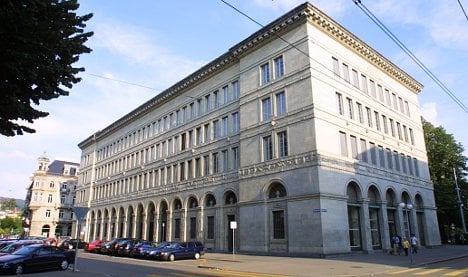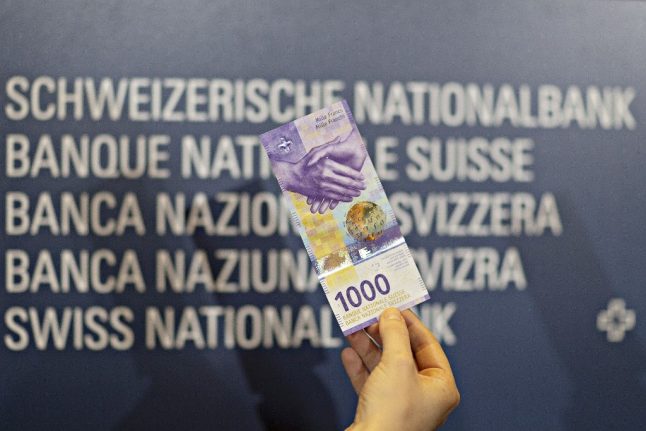"We believe the SNB has purchased an estimated €80 billion ($103 billion) of core government debt during the first seven months of 2012", S&P said in a report, referring to bonds issued by Germany, France, Netherlands, Finland, and Austria.
SNB's eurozone bond purchases to July represented 48 percent of the European public sector's financing needs, S&P said, up from about 9.0 percent in 2011.
The SNB's policy is against a background of inflows of funds placed in the Swiss franc by foreign investors concerned about the eurozone debt crisis.
The Swiss national bank is trying to hold down the value of the Swiss franc, the report noted.
This has led to "an unprecedented surge in the foreign exchange reserves" held by the SNB to 79 percent of gross domestic product (GDP) in mid-2012 from 15 percent in mid-2008, it added.
This "euro-recycling … has significantly contributed to the declining yields on bonds issued by the core sovereigns" in 2012, the report indicated, from 3.04 percent in 2011 to 2.15 percent so far this year.
While the report cautioned that its estimates were subject to uncertainty since the SNB did not detail its foreign exchange holdings by country, "the scale of the buying is without question extensive."



 Please whitelist us to continue reading.
Please whitelist us to continue reading.
Member comments